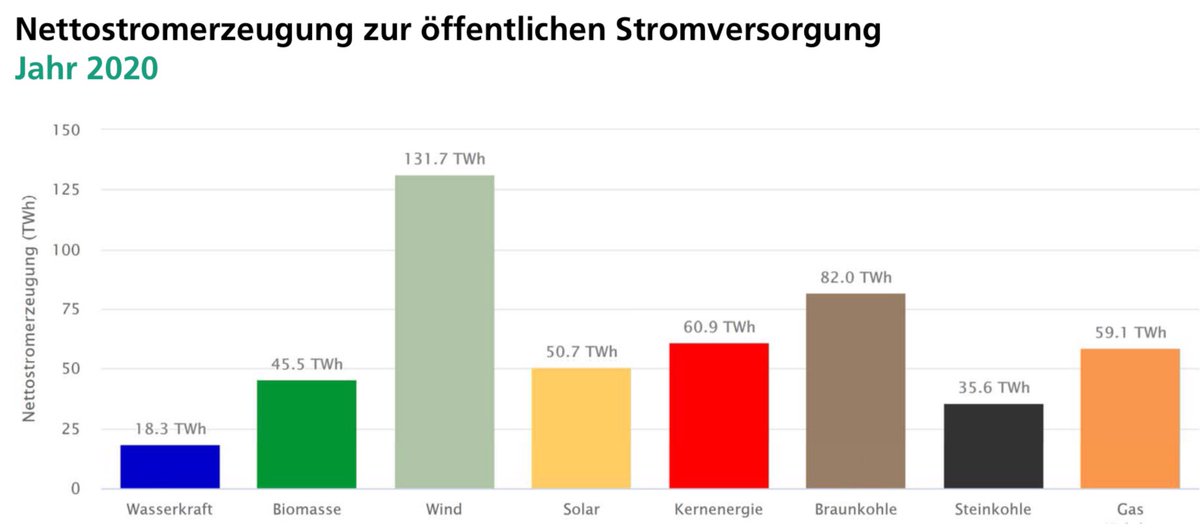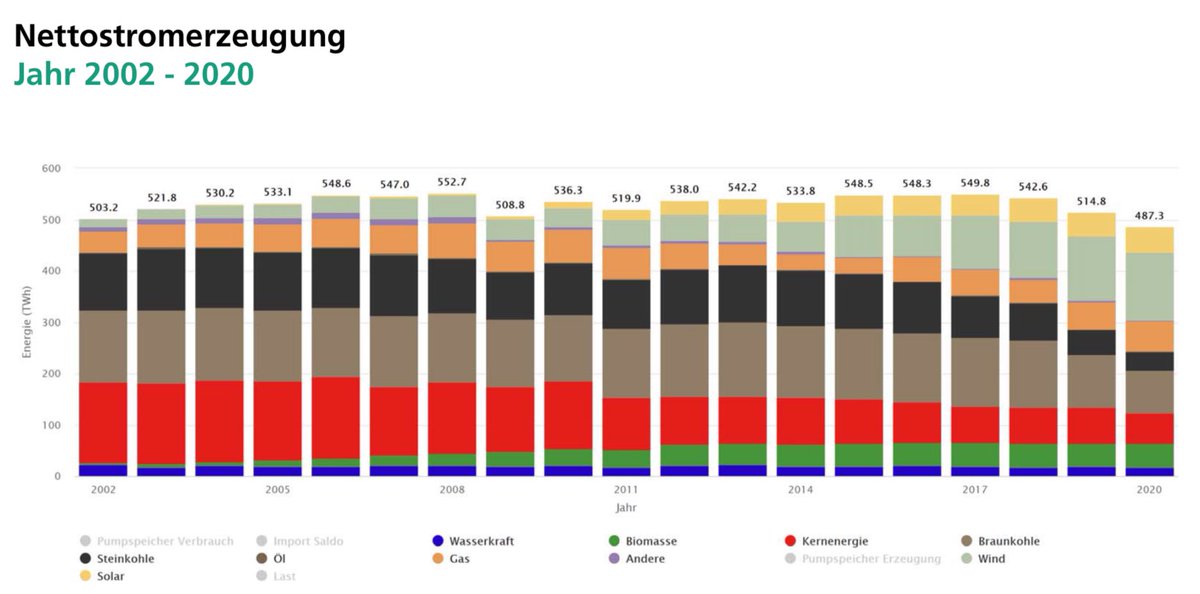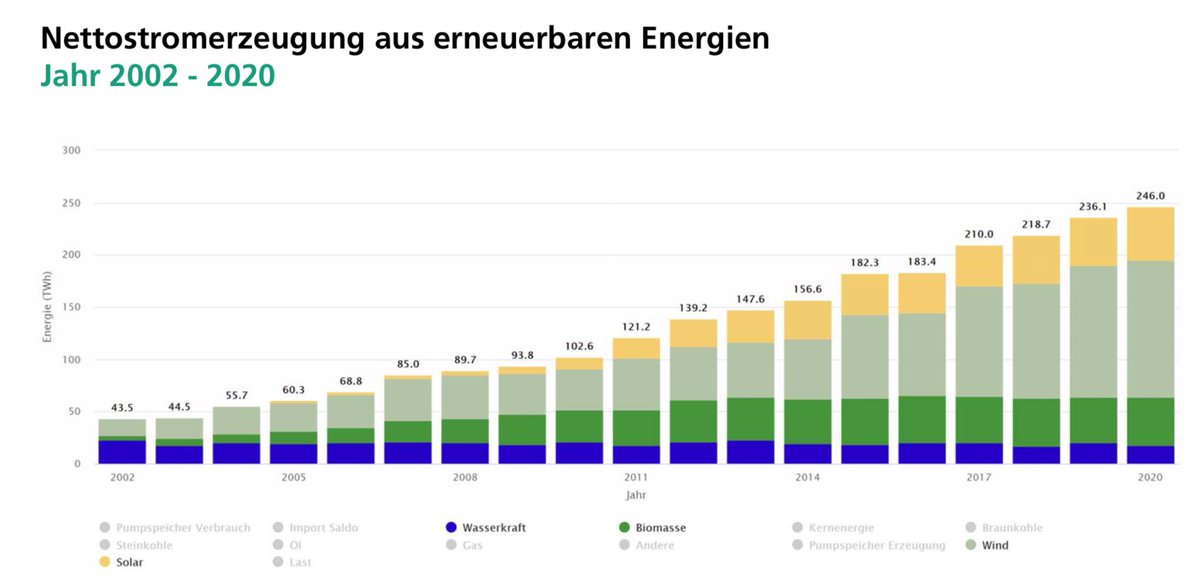
So this was our second warmest year ever, here in the Netherlands, 1.6⁰C warmer than the preheated 1981-2010 average.
The three last years are now all in the top-6, out of 120.
The three last years are now all in the top-6, out of 120.

When I was born, the Netherlands had just experienced its warmest year ever: 1959, with an average temperature of 10.15⁰C. It took 29 years to surpass that.
Now we call that 'normal'; it became the 1981-2010 average.
Now we call that 'normal'; it became the 1981-2010 average.
Next year, when we will start calling the 1991-2020 average normal, we'll call it 'a cold year': the annual average temperature of 1991-2020 was 0.5⁰C higher than that of 1981-2010. That's a big jump, in just 10 years.
Assuming we're still on that 0.5⁰C per decade warming course, here in NL (and it sure doesn't look like it slowed down), the current normal is already 0.75⁰C above our new 1991-2020 'normal'. So around 11.4⁰C. And this year's average was around 0.3⁰C above that.
• • •
Missing some Tweet in this thread? You can try to
force a refresh













